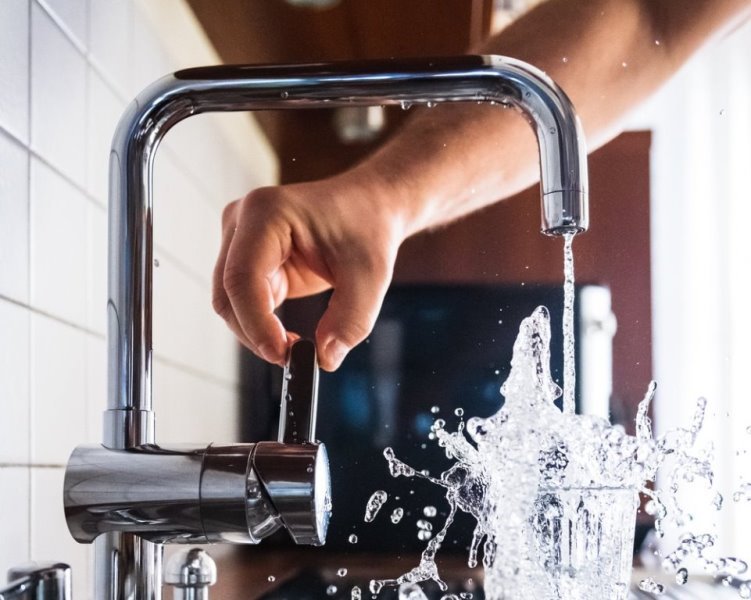
5 Tips For Selecting a Whole-House Filtration System For Your Home
A whole-house filter is typically a filter which is connected to your main water supply, to ensure the water that goes through your faucets, appliances, and showers are treated. Point-of-use filters are generally installed for filtering water from the house whereas point-of-entry filters allows water dispensers to provide filtered water. Water filtration is a straightforward process which ensure that your water is great-tasting and purified. Have a look at these five tips to implement when you are selecting a whole-house filter for your household.
First Evaluate Which Type Of Whole House Filtration System You Need
When you are selecting the choice of filter to be installed at your home, it is contingent on the type of pollutants in the water. You must liaise with an expert to assess which contaminants must be removed from the water that is entering your home. If you are getting your water from a municipal service, it may be necessary to eliminate chlorine, sediments, chemicals, and minerals. If water is coming from a private well, then contaminants like iron, sediment, and hardness minerals must be removed. The amount of pollutants in the water varies from mild to toxic. That is why it is best to speak to a professional to ensure that you receive the best service guaranteed and that you choose the right type of filter according to your requirements.

You Must Consider The Flow Rate Of Your Appliances And Dispensers
Flow rate is calculated in gallons per minute. The flow rate is the ration of the volume of water that is running through the dispensers (showers, washing machines, water heaters, dishwashers, etc.) in your house. Once you decide on purchasing your filters, you must know the demand requirements offered by the manufacturers of your water dispensers and appliances. A standard showerhead’s flow rate for instance is 2.5-5 gallons a minute whereas a toilets and dishwashers have flow rates of 3gpm and 5gpm, respectively. An expert can assist you with measuring the right flow rate that the filtration system must have.
Assess The Size Of The Filtration System You Require For Your House
The larger filters are usually the best since it means a higher water supply and extended service interval. You must have a look at the port size of a filter as well since it influences the gallons per minute and the water pressure going into your home.
Inquire About The Life Expectancy Of The Whole-House Water Filtration System

The life expectancy of the filtration system varies according to the condition of the water you are planning on filtering. The quality and quantity of the sediment contained in water must be taken into account when purchasing a whole-house well water filter. The life of a filter is evaluated by the volume of water that it is capable of filtering before being replaced. If water pressure is lowered, it is possible that you have waited too long before you have changed the filter. We suggest that you maintain records of the filter changes to stay in a routine.
Purchase A Filter System That Is NSF-Certified
The most essential consideration is to ensure that the filter system is NSF certified, irrespective of the size you are purchasing. This means that the system has been approved and tested by the authorities.




